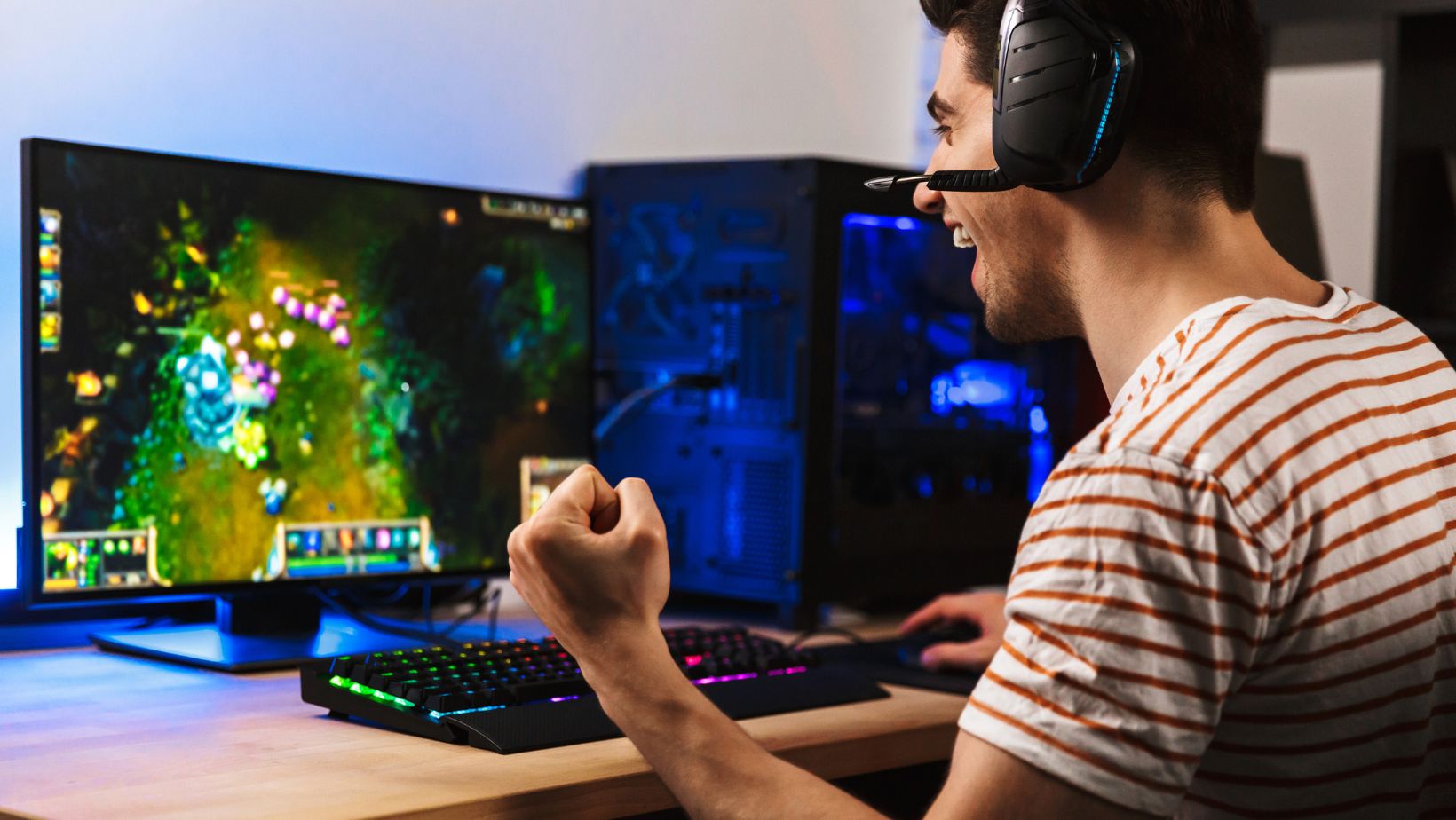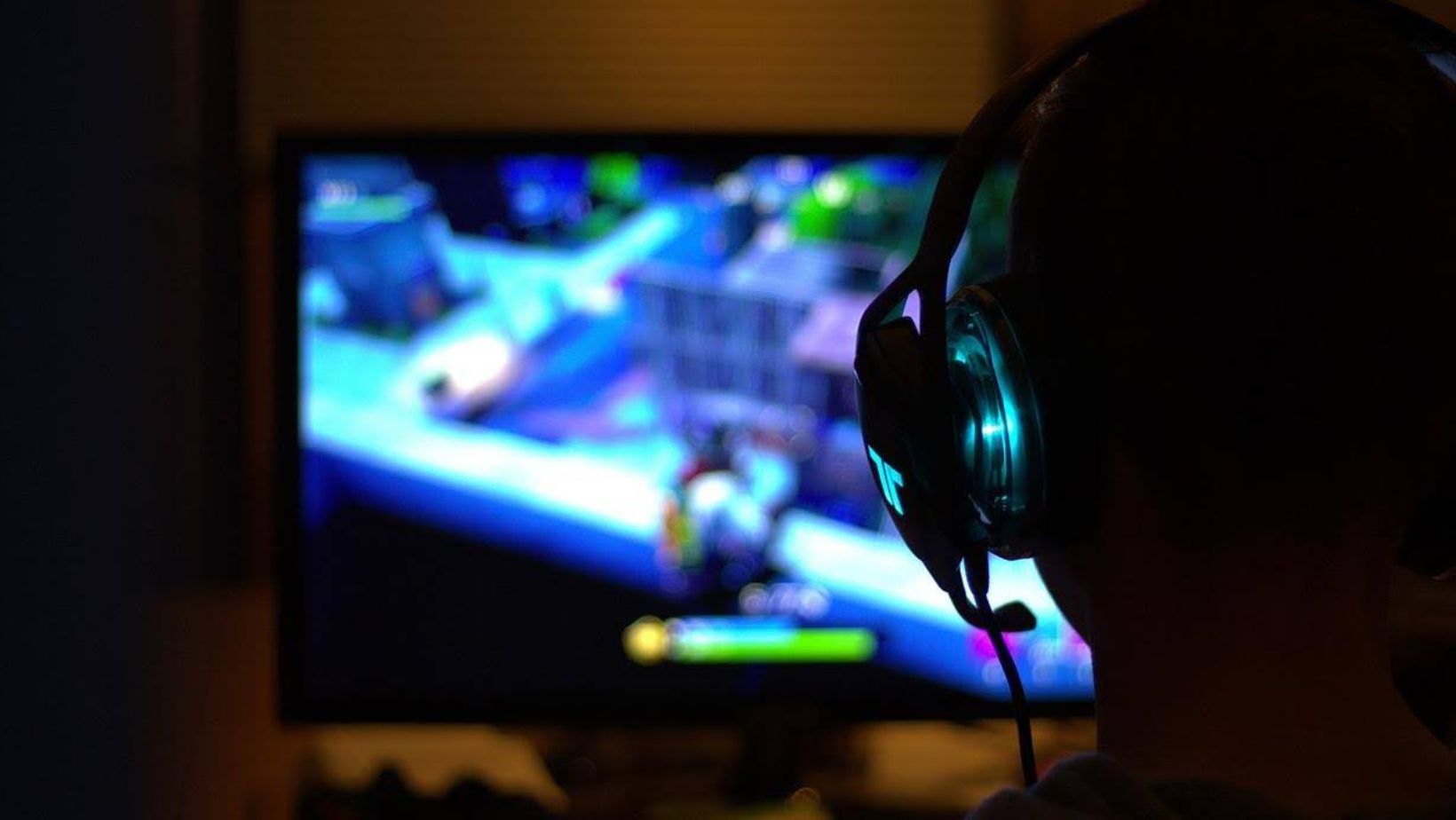Reflexes will always matter in gaming, but in 2025, mental stamina and tactical awareness are reshaping the digital playing field. From roguelikes to real-time strategy and even digital card rooms, players are demanding more depth, less grind, and mechanics that reward insight over impulse.
To understand what’s really driving this shift toward strategic gameplay, we spoke with several experts in the gaming space, from indie developers to esports coaches and industry analysts. Their insights highlight how modern players are redefining the skill ceiling, and why games like online poker are gaining traction among strategy-focused gamers.
Q1: What’s Driving The Growing Popularity Of Strategic Gameplay?
Lena Ortiz, Indie Game Designer, Valencia
“The rise of thoughtful gameplay is partially generational. Younger gamers are growing up with sandbox logic, turn-based titles, and digital board games. They’re not just looking for adrenaline; they want agency. We’ve seen players stick with games like Slay the Spire or FTL far longer than flashier titles because every run teaches them something new. It’s not about memorizing patterns, it’s about mastering systems.”
Q2: Are Reflex-Based Titles Being Replaced, Or Is This More Of A Genre Expansion?
Darius Huang, Competitive FPS Coach & Analyst
“This is not a replacement, it’s a diversification. FPS and MOBAs are still massive, but there’s space for slow-burn tactics now. Strategy is bleeding into everything. Look at how competitive, Valorant relies on map control and team communication. The line between mechanical and mental skill is getting thinner.”
“Even in real-money gaming or online poker, what matters most is pattern recognition, timing, and reading the opponent. These aren’t new ideas, but they’re being appreciated in a broader context now.”
Q3: Has This Shift Changed How Developers Approach Game Design?
Jada Feldman, Product Manager at a AAA studio
“Absolutely. We’re building mechanics that invite experimentation instead of punishing players for not following an exact route. That’s why roguelikes and deckbuilders are booming, players want variability and decision-making. We’re also more aware that viewers, on Twitch or YouTube, enjoy watching mental mastery, not just twitch reactions. The modern gamer respects strategic nuance.”
Q4: Why Are Classic Games Like Poker Still Relevant In Today’s Digital Gaming Landscape?
Micah Tran, Game Economy Consultant & Streamer
“Online poker remains one of the purest tests of player psychology and strategy. Unlike many games where you level up or get better gear, poker resets the playing field every hand. Your edge comes from understanding probability, managing emotion, and adapting to opponents. These are universal skills in competitive gaming.”
“That’s why we’re seeing younger players getting into poker via streaming platforms and niche gaming sites. It’s easy to underestimate how much overlap there is between poker fans and the new wave of digital tacticians. You can discover more on sites like Top 10 Poker sites that are starting to cater to this audience by ranking platforms that emphasize fairness, usability, and tactical formats over pure luck.”
Q5: What Advice Would You Give To Players Looking To Improve Their Strategic Thinking?
Eleanor Kwan, Educational Game Designer and Cognitive Scientist
“Start with games that give you time to think. Don’t rush into ranked ladders, begin with small scenarios. Learn to spot risk, reward, and ambiguity. Whether it’s XCOM or Texas Hold’em, success comes from decision trees. Good strategy is less about being smart and more about being reflective.”
“Also, document your decisions. Keep a game journal or stream your sessions and review them. You’ll be surprised how much you can learn from your own patterns.”
Q6: What Trends Should We Expect In 2025 And Beyond?
Noah Silber, Gaming Journalist and Editor at The Gamer
“We’ll see more games adopting poker-like logic systems, hidden information, bluffing mechanics, and asymmetrical gameplay. AI-driven opponents will also push players to think differently every match. What we’re witnessing is the blending of tactical awareness with procedural storytelling.”
“The strategic layer is no longer optional, it’s the hook. Games that fail to offer meaningful decisions won’t last long in this market.”
Takeaways For The Next Generation Of Players
The experts agree: strategy is no longer niche. It’s at the heart of what makes a game replayable, watchable, and emotionally satisfying. Whether you’re in a bluff-heavy hand of online poker, solving a card-based puzzle, or outsmarting an AI opponent, the thrill now lies in outthinking, not just outplaying.
The tools to get started are more accessible than ever, especially as platforms evolve to support diverse thinking styles and game preferences. For those interested in exploring more brain-first gameplay options, check out Cowded’s gaming guides for breakdowns on everything from indie tactics titles to digital card simulators.
















